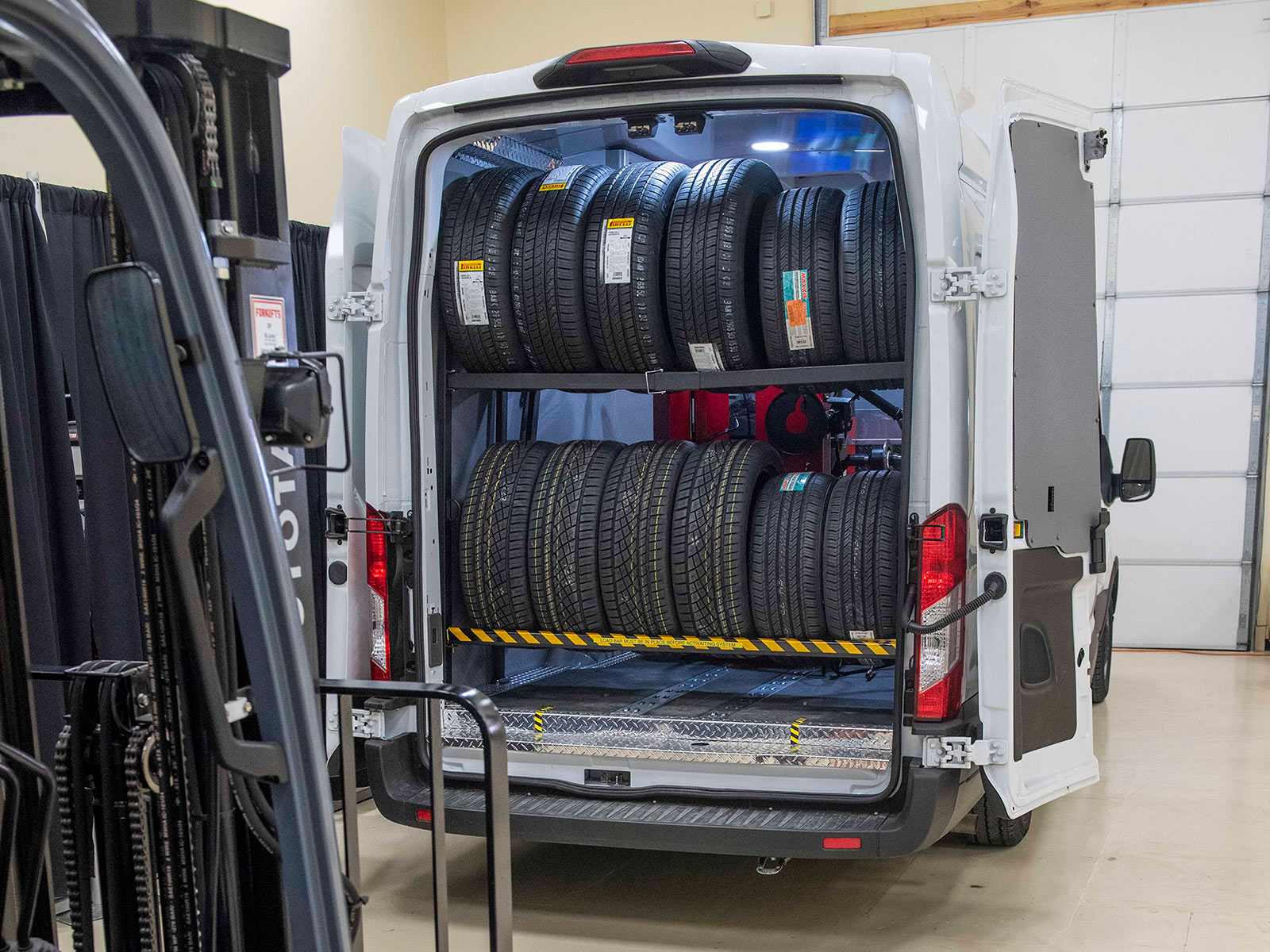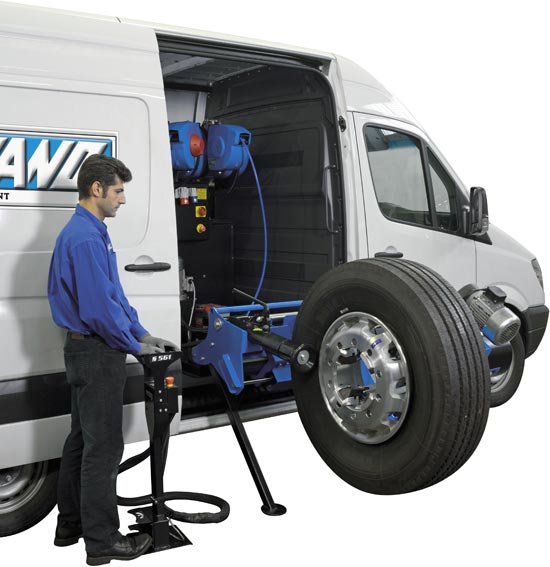Morris Tires: Where GMC Tire Service Fulfills Quality
Wiki Article
Tire Service: The Effect of Climate Condition
When it pertains to ensuring optimal efficiency and safety and security when driving, recognizing the effect of weather on tire solution is vital. From scorching warmth to icy roadways, each weather element can substantially affect tire performance and general driving experience. By diving right into the effects of differing weather on tires, vehicle drivers can get important insights that may enhance their car's efficiency and long life. In this conversation, we will discover the complex relationship in between weather and tire service, shedding light on the significance of weather-specific tire maintenance practices and considerations.Warmth and Tire Performance
When subjected to high temperatures, tires experience modifications in efficiency that can dramatically impact vehicle security and handling. The warmth produced from extended driving or hot climate problems triggers the tire rubber to soften, leading to minimized walk life and raised wear.
Winter Effects
Cold weather condition conditions can have a considerable influence on tire performance and safety and security. In cool climate, tires may additionally lose air stress more quickly, which can influence dealing with and gas effectiveness.To alleviate the results of chilly climate on tires, it is essential to on a regular basis inspect tire stress and inflate them to the manufacturer's suggested degrees. Using winter or all-season tires created for winter conditions can also boost grip and grip on icy or snowy roads. Appropriate tire maintenance, consisting of regular assessments for wear and damages, comes to be even much more vital throughout chillier months to ensure optimum performance and safety and security.
Rainy Issues Influence
Throughout stormy conditions, tire performance and safety can be dramatically influenced by the damp road surface areas and decreased visibility. The walk pattern of tires plays a crucial duty in keeping traction on wet roads. Tires with worn-out footsteps are much more susceptible to hydroplaning, where a layer of water develops up in between the tire and the road surface, bring about loss of traction. To fight this, motorists ought to routinely examine their tires for sufficient tread depth and consider buying tires particularly made for wet problems.Additionally, stormy weather can likewise reduce exposure, making it challenging for motorists to see the roadway ahead clearly (GMC Tire Service). In such problems, it is vital to change driving speeds accordingly and keep a safe complying with range to enable abrupt stops. Correctly filled with air tires can additionally assist in keeping control on damp roads by providing better handling and grip
Snow and Tire Safety
Snow-covered roadways position special obstacles for motorists, emphasizing the significance of appropriate tire option and maintenance. When driving in snowy problems, having the ideal tires can make a substantial difference in safety and efficiency. Winter tires are made with special rubber substances and tread patterns to provide much better grip on snow and ice compared to all-season tires. The much deeper treads and sipes of winter season tires assist grip the roadway much better, reducing the danger of gliding and sliding.
Moreover, motorists need to take into consideration setting up tire chains in severe snowy problems. Tire chains provide additional grip by grasping the snow and ice, boosting security and control. It is essential to comply with maker directions when setting up and utilizing tire chains to protect against damages to the tires and lorry (GMC Tire Service). By choosing the ideal tires, maintaining correct inflation, and thinking about added traction aids like tire chains, chauffeurs can enhance their safety when navigating snow-covered roads.
Weather-Related Tire Maintenance
When faced with different climate condition, correct tire gmc tire service maintenance becomes an important facet of lorry safety and efficiency. Weather-related tire maintenance incorporates a variety of practices aimed at making certain optimum tire feature and long life in different climate situations. One vital facet of weather-related tire upkeep is tire stress regulation. Changing temperature levels can create tire pressure to vary, impacting traction and gas effectiveness. Consistently readjusting and examining tire pressure according to manufacturer recommendations is essential for secure driving in changing weather. In addition, tire step depth plays a considerable duty in dealing with different weather condition components. Tires with appropriate step depth offer much better grip on wet or icy roads, lowering the threat of skidding or hydroplaning. When step wear gets to a particular deepness is crucial for preserving grip and security in negative weather condition, checking tire step on a regular basis and changing tires. By focusing on weather-related tire maintenance, motorists can improve safety, improve car performance, and prolong the lifespan of their tires.
Verdict
In verdict, weather problems have a substantial impact on tire efficiency and safety. From warm influencing tire stress and wear to chilly climate decreasing grip, it is important to consider the climate when maintaining and utilizing tires.In this conversation, we will certainly discover the elaborate partnership between weather conditions and tire solution, shedding light on the relevance of weather-specific tire maintenance methods and factors to consider.

Report this wiki page